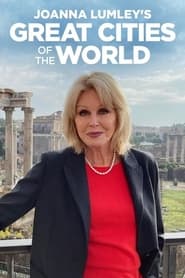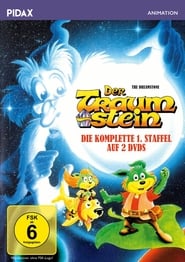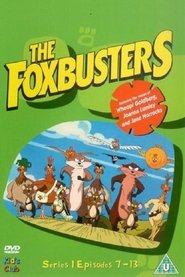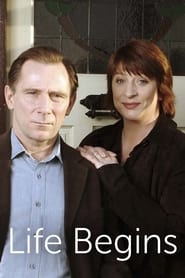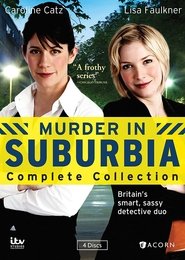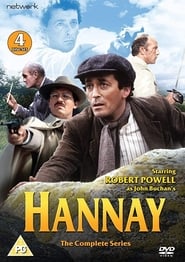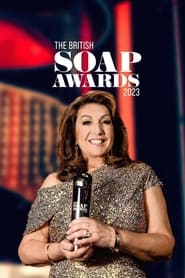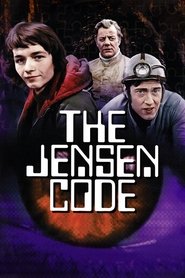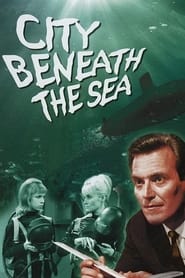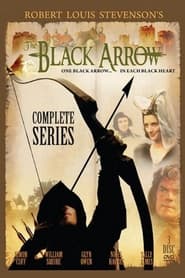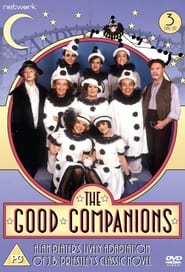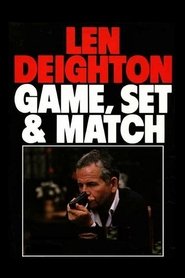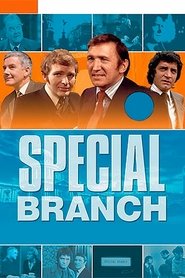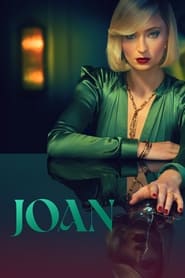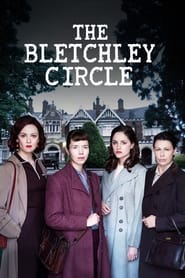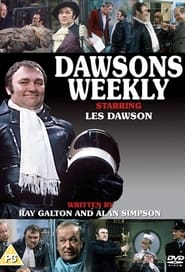Itv1 TV Series - Page 28
-
Perspectives
2011
Perspectives
2011
A British TV documentary series for ITV. Each hour long program sees well-known celebrities travel to various parts of the world to explore more about a person who has inspired them. -
Joanna Lumley's Great Cities of the World
2022
star 1The nation’s favourite travel companion, Dame Joanna Lumley, is on an adventure to three of the world’s greatest cities, Berlin, Paris and Rome, for this brand-new ITV documentary series. -
The Dreamstone
1990
star 8.6The Dreamstone is a British animated television series that ran for 4 series of 13 episodes each between 1990 and 1995. The original concept and artwork were created by Michael Jupp who would later create another cartoon show Bimble's Bucket. The series was produced by FilmFair as a Central production for ITV. In 1996 Filmfair was bought from the Caspian Group by the Canadian company Cinar, then it became Cookie Jar Entertainment, but then it became part of DHX Media. This resulted in DHX's ownership of the first two series, while a company called Dreamstone Productions Ltd. retain the ownership of the third and fourth series. The Dreamstone is set in an alternative world called the 'Sleeping World,' and concerns itself principally with the struggle between good, and evil. -
The Foxbusters
1999
The Foxbusters
1999
The show is primarily set on Foxearth Farm, a fictional farm based in the English countryside which is dominated by a variety of animals, particularly the chickens. The Foxbusters are three chickens, Ransome, Sims and Jeffries, who have the unlikely ability to fly. Each has a different personality; Ransome is the best flyer, Sims is the smartest and Jeffries is the comic relief. The Foxbusters also have the ability to spit grit like machine guns, and drop hard-boiled eggs like they were bombs - and these are used to effect among other methods to keep the hungry pack of foxes in Foxearth Forest at bay. -
Life Begins
2004
Life Begins
2004
Life Begins is a British television drama first broadcast on ITV between February 2004 and October 2006, starring Caroline Quentin and Alexander Armstrong, Anne Reid and Frank Finlay. -
Murder in Suburbia
2004
star 7.2Murder in Suburbia was a British detective drama that ran for two series in 2004 and 2005. Detective Inspector Kate Ashurst, a graduate of a posh girls' academy, has a sharp, analytical mind; her working-class partner, Detective Sergeant Emma Scribbins, relies on her instincts. Together this sassy, sexy investigative team uncovers the dark urges behind suburban Middleford's placid façade. -
Hannay
1988
star 5Hannay was a 1988 spin-off from the 1978 film version of John Buchan's novel The Thirty-Nine Steps which had starred Robert Powell as Richard Hannay. In the series, Powell reprised the role of Hannay, an Edwardian mining engineer from Rhodesia of Scottish origin. It features his adventures in pre-World War I Great Britain. These stories had little in common with John Buchan's novels about the character, although some character names are taken from his other novels. There were two series, the first with six episodes, the second with seven. The combined 13 episodes ran for a total of 652 minutes. One episode, A Point of Honour, was based on a story of the same name by Dornford Yates that appeared in his 1914 book The Brother of Daphne, although Yates was not credited. Another episode used a plot device from the Leslie Charteris Saint story The Unblemished Bootlegger, from the 1933 book The Brighter Buccaneer, again uncredited. -
The British Soap Awards
1999
The British Soap Awards are an annual awards ceremony in the United Kingdom which honours the best moments in British soap operas. The ceremony is televised on ITV. -
The Jensen Code
1973
star 5.5Sixteen-year-old Terry Connor is sent, along with a few of his friends, to an Outward Bound centre. On his first day at the centre Terry is taken pot-holing by the senior instructor, Alex. All goes well until, at 100 feet underground, Alex goes to search for the torch that Terry has dropped. Hours pass, and, to Terry’s astonishment, when Alex finally returns he has no recollection whatever of having been absent. Terry suspects something sinister is taking place – it is surely no coincidence that there is a secret Ministry of Defence establishment nearby. But just how deeply his curiosity will involve him in dangerous matters becomes clear when he learns the truth about the ‘Jensen Code’... -
The Black Arrow
1972
star 6Based on the novel by Robert Louis Stevenson, The Black Arrow tells the tale of Richard Shelton, a knight who avenges the death of his father during the War of the Roses. Richard is surrounded by enemies, some of whom he considers his most trusted companions. -
The Tony Hancock Show
1956
The Tony Hancock Show was a black-and-white British sketch show starring Tony Hancock that was broadcast for two series from 1956 to 1957. It was written by Eric Sykes, Larry Stephens, John Jose and Ray Galton and Alan Simpson. All the episodes were shown live. -
Not On Your Nellie
1974
star 5.3Not On Your Nellie is a British sitcom that ran from 1974-75. It starred veteran actress Hylda Baker as Nellie Pickersgill, a Bolton woman who moves to London to help run her ailing father's Chelsea pub. 17 episodes of the series were produced by London Weekend Television for the ITV network. -
The Good Companions
1980
The Good Companions
1980
Jess Oakroyd, discontented with his home, his work and his football team, tears up his Insurance Card and disappears into the night. He intends to go to Nuneaton, but instead finds himself on the ragged edges of show business. We share with him the trials and tribulations of the Good Companions as they tour seaside towns, industrial cities and rural backwaters in their search for success and stardom. -
Game, Set, and Match
1988
star 7.5Focuses on Bernard Samson (Ian Holm), beginning with his search for the "mole" that threatens the Brahms Network in East Germany. Samson is sent to Berlin to bring out a Brahms agent. He is then sent to Mexico to try to persuade a KGB major (Gottfried John) to defect, using his childhood friend Verner Volkmann's wife Zena as bait. After it appears another traitor is working at London Central, Samson himself becomes one of the prime suspects. -
Special Branch
1969
star 4.3Special Branch is a British television. A police drama series, the action was centred on members of the Special Branch anti-espionage and anti-terrorist department of the London Metropolitan Police. -
Joan
2024
star 6.7A penniless mother makes an impulsive decision in the jewellery shop where she works, and is propelled into a different world. -
The Bletchley Circle
2012
star 7.6The Bletchley Circle follows the journey of four ordinary women with extraordinary skills that helped to end World War II. Set in 1952, Susan, Millie, Lucy and Jean have returned to their normal lives, modestly setting aside the part they played in producing crucial intelligence, which helped the Allies to victory and shortened the war. When Susan discovers a hidden code behind an unsolved murder she is met by skepticism from the police. She quickly realises she can only begin to crack the murders and bring the culprit to justice with her former friends. The Bletchley Circle paints a vivid portrait of post-war Britain in this fictional tale of unsung heroes. -
Both Ends Meet
1972
Both Ends Meet
1972
-
Dawson's Weekly
1975
Dawson's Weekly
1975

